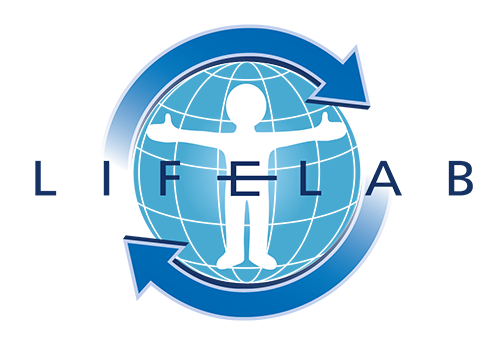
LifeLab provides COVID-19 teaching resource to London’s Science Museum
LifeLab has provided one of its escape room activities for primary schools to the Science Museum to become part of the Science Museum Group Collection, one of the most significant scientific collections in the world.
The LifeLab resource was acquired through the museum’s COVID-19 Collecting Project, which aims to collect items reflecting medical, public health, industrial and scientific responses to the COVID-19 pandemic.
In August 2020, as part of the saliva-based RT-LAMP testing that was being piloted at the time in Southampton education settings, the LifeLab team developed an escape room activity that teachers could use with their primary school pupils to support children in understanding the COVID-19 pandemic and the rules and guidelines we were all being asked to follow.
Through six activities, children engaged with a different aspect of COVID-19, including identifying the shape of the virus, social distancing, hand washing and face coverings. At the end of the escape room, they watched a video about the journey their saliva would go on to be tested for COVID-19 to understand more about the process. The activities were delivered in school by teachers the day before saliva testing was to start and ended with the pupils being issued with their testing packs to take home. Several local schools took part including Mount Pleasant Junior School, Maytree Nursery and Infant School and Swaythling Primary School, all of which are part of the Aspire Community Trust.

The activities contributed to an important impact of the testing programme, which increased confidence in school attendance among students, parents and staff, notably in schools with a high proportion of students from disadvantaged backgrounds and for whom English is not their first language. The programme resulted in a substantial increase in school attendance, with its attendant benefits for the wellbeing and education of the students.
The Science Museum Group cares for this vast and varied collection on the nation's behalf, which contains 7.3 million items (around 425,000 objects and millions of photographs and archive materials) related to science, technology, engineering and medicine. These items provide a remarkable record of human imagination and ingenuity, featuring objects which have changed the way we live, work and think.
Objects in the collection such as the LifeLab escape room are often the subject of research, loaned to other museums or featured in upcoming exhibitions and galleries.

Further detail about the item can be found here.